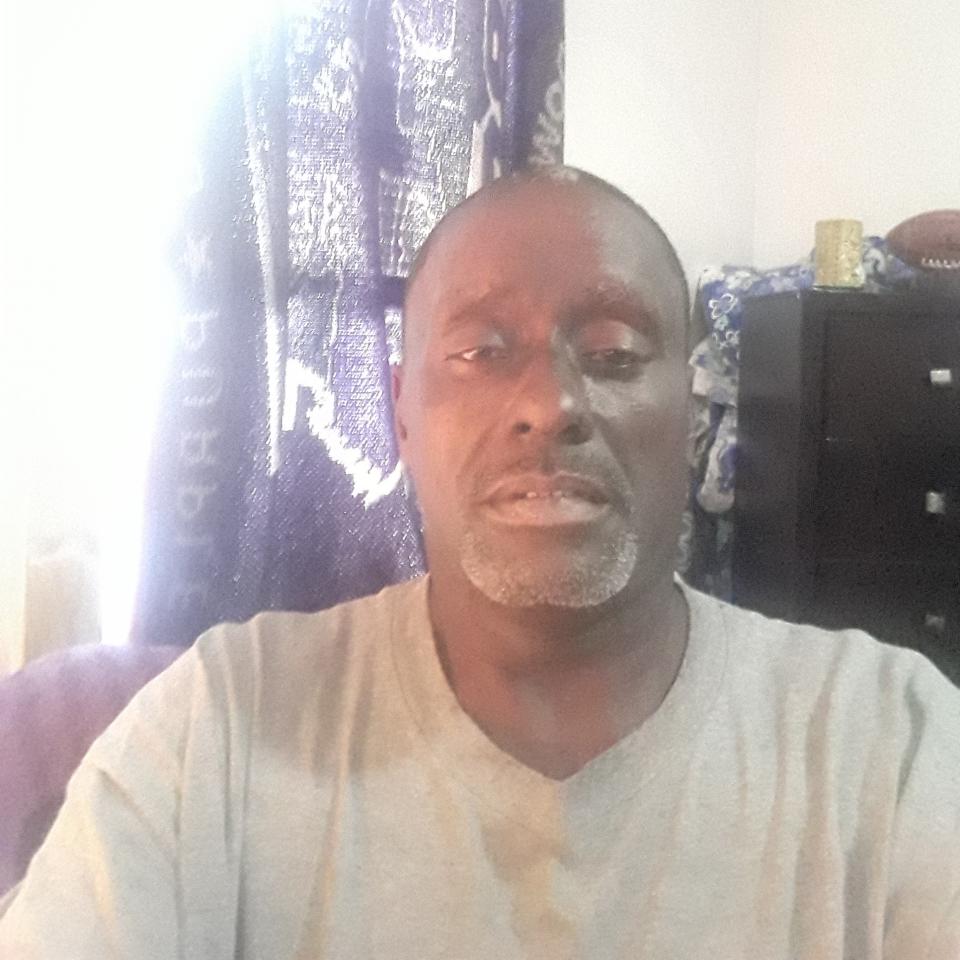Founded in 1979, the Maryland Food Bank provides six million meals a year in Maryland through its partnership with nearly 1,200 soup kitchens, pantries, shelters, and community-based organizations. Learn more about their work.


07.23.20
Have you made any changes during the pandemic that you’ll carry forward? For us, providing care over the phone to clients like Antonio Barnes has been a major breakthrough.
Before COVID-19, Antonio was a regular at our Medication Assisted Treatment (MAT) group where he looked forward to therapy, Suboxone and peer support in facing over 20 years of depression and substance use.
“When MAT shut down, I was like, ‘WOW, I really miss the group,’” Antonio says. “But I had my Suboxone and my other medications. And two weeks later I got a call about telehealth. We didn’t miss a beat.”
Jan Ferdous, LCSW-C, Director of Behavioral Health and Antonio’s therapist agrees. “We rolled right into it. At a time when depression and anxiety are high, I can’t imagine clients being without support from providers they trust.”
As the pandemic continues, we’re learning that telehealth is more than just a good public health practice; it’s an issue of racial and economic justice.
People who can’t afford internet, unlimited data or a car get cut off from the health services and information they need. Outsized risk of chronic conditions like high blood pressure make low-barrier care even more pressing for people of color.
For Antonio, care by phone is a lifeline.
“COVID-19 is really challenging. I call three times a week just to talk to someone who has a plan,” he says.
Antonio has telehealth phone appointments for therapy, psychiatry and medical care. His team of providers talk him through anxieties around COVID-19, managing high blood pressure, substance use recovery and when to ask family for help.
“Every month is getting better,” Antonio adds. “The staff give me the tools to be strong on my own, and everyone is working on one accord to make sure I’m okay.”
More Recent News
More than a quarter of all client visits to Health Care for the Homeless are with case managers. Presented below is one day in the life of Case Management Coordinator Adrienne Burgess-Bromley, who has been with the agency for 16 years.
Baltimore, you are rockstars! On the sunny first Saturday of November, 300+ runners, walkers, friends and volunteers took over Patterson Park for the 10th Annual Rock Your Socks 5K! We danced, cheered and enjoyed a festive race village complete with coffee, bagels, donuts, a bounce house and easy ways to engage with community partners.
Since opening Sojourner Place at Oliver in 2022, our affordable housing development team has been busy laying the groundwork for more affordable housing in Baltimore through a newly formed subsidiary under Health Care for the Homeless called the HCH Real Estate Company.



